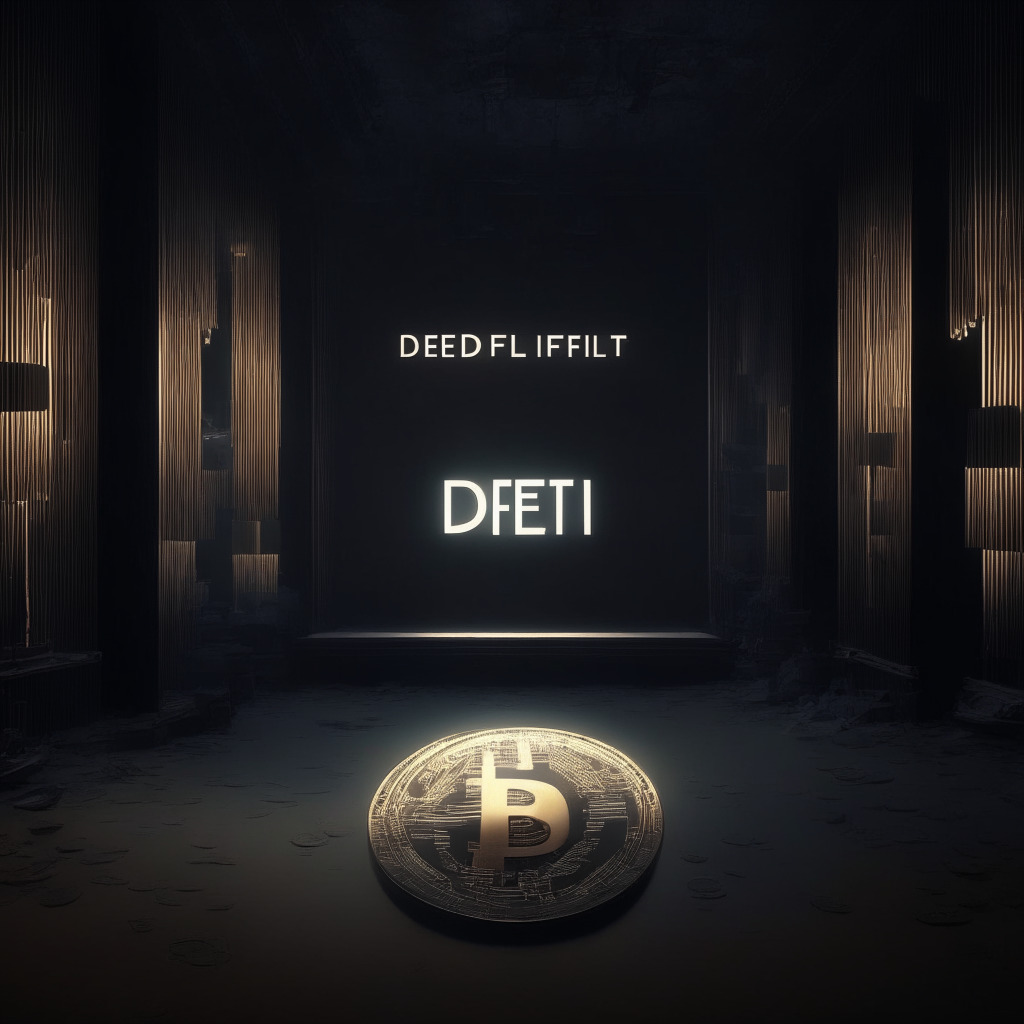Cryptocurrency platform Bakkt has recently announced the removal of support for 25 out of 36 tokens offered by its newly-acquired trading platform, Apex Crypto. This decision comes as a result of companies trying to reduce their exposure to risk amidst uncertain regulatory changes. While some may argue that such moves protect investors, it also raises questions about the impact of regulatory decisions on innovation within the burgeoning decentralized finance (DeFi) space.
The list of de-listed tokens predominantly consists of well-known DeFi tokens such as AAVE, AVAX, and LINK, among others. A spokesperson for Bakkt stated that following the Apex Crypto acquisition, they had determined it necessary to delist a number of coins on the platform. Bakkt’s core commitment, according to the spokesperson, is the best interest of their clients and consumers, which can only be achieved by taking into account the most up-to-date regulatory guidance and the latest industry developments.
Majority-owned by Intercontinental Exchange, the parent company of the New York Stock Exchange, Bakkt recently completed the acquisition of the unprofitable Apex Crypto for $55 million in cash and $145 million in stock. This acquisition has given Bakkt a significant advantage in the fintech space, allowing it to offer various services to five million customers through 30 fintech clients. However, the company closed its retail-oriented app that offered crypto trading and other crypto-related services, deciding to focus on serving businesses with loyalty and crypto services instead.
This move by Bakkt follows the trend of increasing scrutiny from US regulators on the crypto industry. US Securities and Exchange Commission (SEC) Chair Gary Gensler has stated that most crypto tokens trade as securities, sparking concerns among industry participants. The SEC has accused now-defunct exchange Bittrex US of running an unregistered securities exchange, alleging its listing of certain tokens constituted unregistered securities offerings. According to recent reports, the SEC has identified 76 digital tokens that trade, or have been traded, in the US as securities. With Ripple’s XRP being the most valuable of these tokens, there are now 16 deemed to be securities that continue trading on major US-registered crypto exchanges.
In conclusion, Bakkt’s decision to delist 25 tokens to minimize regulatory risks signifies the growing influence of regulatory bodies on the cryptocurrency market. While such actions are usually portrayed as being in the best interest of investors, they may also stifle innovation and growth within the DeFi sector. In light of these developments, the crypto community must carefully navigate the balance between regulation and fostering innovation to ensure its continued success.
Source: Cryptonews




